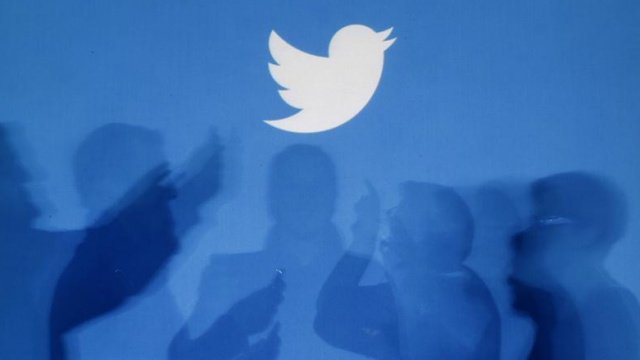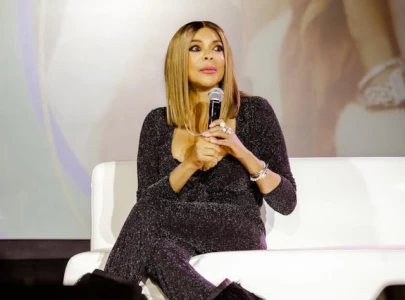
“I never love when a channel, a pipe, is turned off because it eliminates an opportunity,” the senior official told reporters on a conference call the day after Twitter CEO Jack Dorsey announced the ban. “But it won’t significantly impact us.”
The Trump campaign and its backers have spent just over $6,000 promoting an official @TeamTrump Twitter account for the president’s campaign. Twitter’s records show no spending to promote tweets by Trump’s @realDonaldTrump account, which he uses prolifically and which has over 66 million followers.
In comparison, the campaign has spent more than $21.3 million on Facebook ads since May 2018, according to data published by Facebook.
Facebook’s Zuckerberg says company considered banning political ads
The 18 Democratic candidates in the 2020 election and their backers have spent over $5.4 million promoting tweets since May 2018, compared to at least $52.2 million on ads run through their Facebook pages, according to a Reuters review of data from the companies’ public ad libraries.
The overall political ad spend for the 2018 US midterm elections on Twitter was less than $3 million, Twitter’s Chief Financial Officer Ned Segal said in a tweet on Wednesday.
But while Twitter’s move won’t make much of a dent in its finances or Trump’s strategy, it does heighten pressure on rival Facebook over its policy of not fact-checking ads from politicians.
“We believe political message reach should be earned, not bought,” Twitter CEO Dorsey said in a statement on Wednesday.
Responding to such criticism, a Facebook spokeswoman on Thursday told Reuters: “We won’t change our approach to political speech just because there’s public disagreement.”
Civil rights activist Reverend Al Sharpton said on Thursday that he and other civil rights leaders would meet with Facebook CEO Mark Zuckerberg next week to discuss the policy.
“I have deep concerns that this policy is a misinformation vehicle that could aid voter suppression and voter misinformation efforts, and it should be stopped immediately,” Sharpton said in a statement.
Facebook has also been under fire for its political ads policy from Democratic presidential candidates such as former Vice President Joe Biden and Senator Elizabeth Warren.
“This saves Twitter a big headache in a market that makes them almost no money. But it doesn’t help anyone else - in fact, it hurts candidates and the voting public,” tweeted Jessica Alter, co-founder of Tech for Campaigns, a nonprofit that helps Democrats with digital strategies.
Speaking to Reuters on Thursday, Alter said she was concerned that political money would be pushed into “less transparent and less accountable” places.
A senior advisor on the campaign of Democratic contender Mayor Pete Buttigieg also said Twitter’s move could hurt lesser-known political candidates trying to spread their message.
“I think the ban helps power the incumbency. Instead of policing the forum, they took the easy way out and banned everyone, which will hurt challengers trying to get involved in the process,” the adviser told Reuters.
Twitter admits phone numbers meant for security used for ads
Brad Parscale, who is running Trump’s re-election campaign, on Wednesday described Twitter’s move as an “attempt to silence conservatives” and “a very dumb decision” for shareholders.
A Twitter spokesman declined to comment on the allegation.
In Facebook’s earnings call on Wednesday, Zuckerberg emphasised the company’s stance was not informed by financial concerns, estimating that ads from politicians would be less than 0.5 per cent of revenue next year.
He defended the policy, saying Facebook did not want to stifle political speech and predicting it could be a “tough year” ahead due to potential controversies over political content.






1737032298-1/WhatsApp-Image-2025-01-16-at-17-26-54-(1)1737032298-1-270x192.webp)
















COMMENTS
Comments are moderated and generally will be posted if they are on-topic and not abusive.
For more information, please see our Comments FAQ